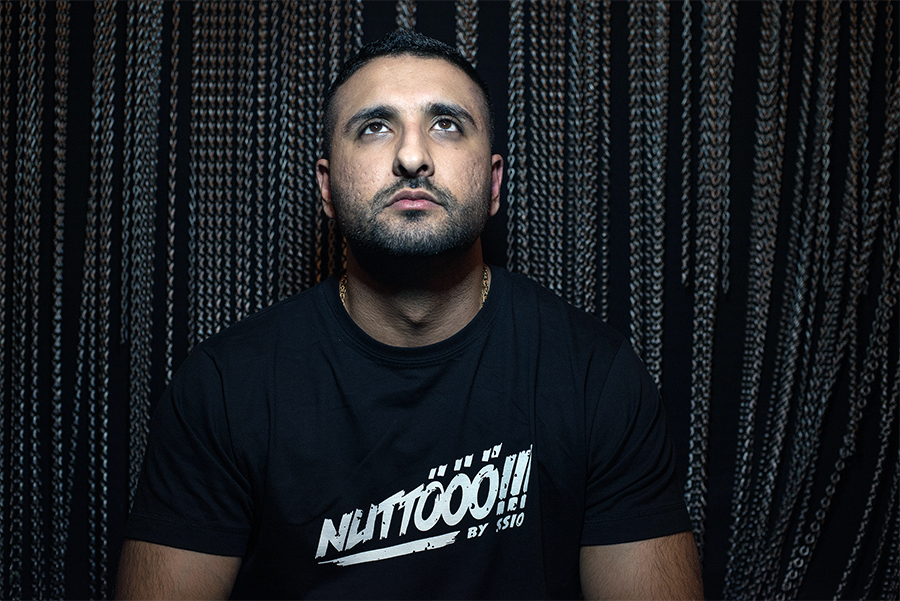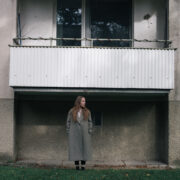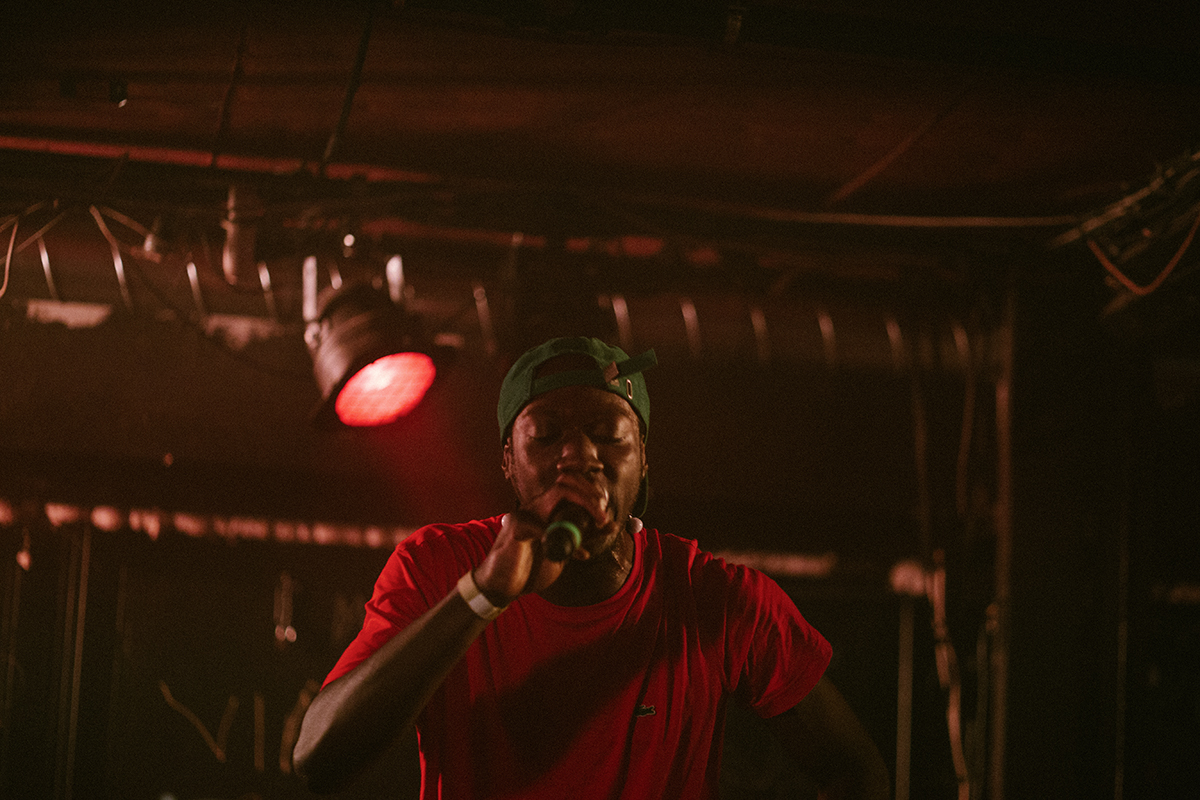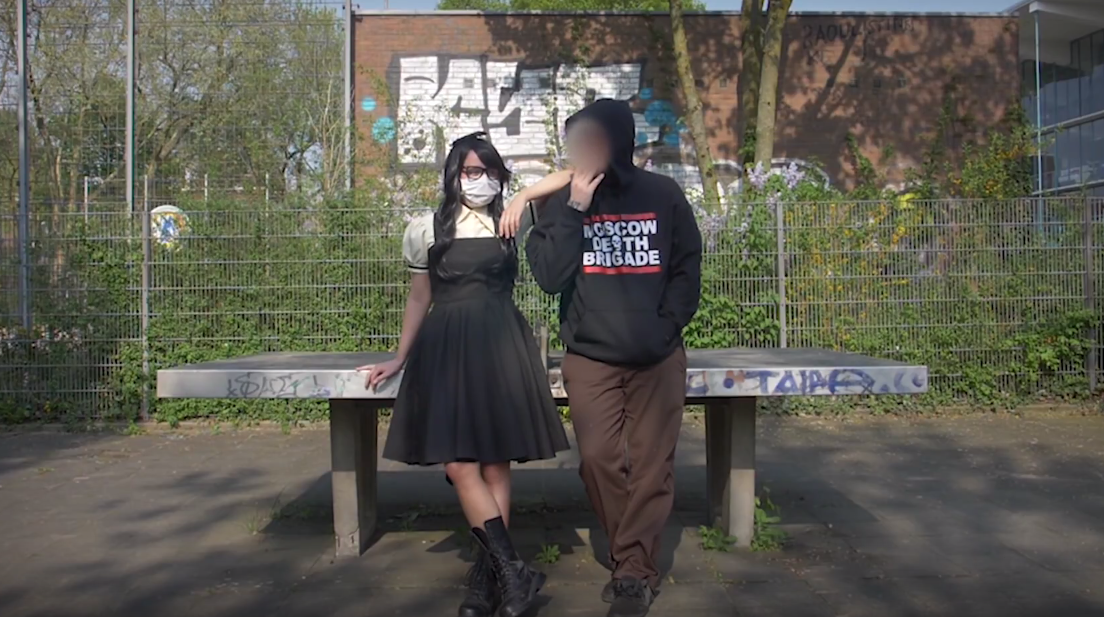"The hardest thing to do is something that is close…
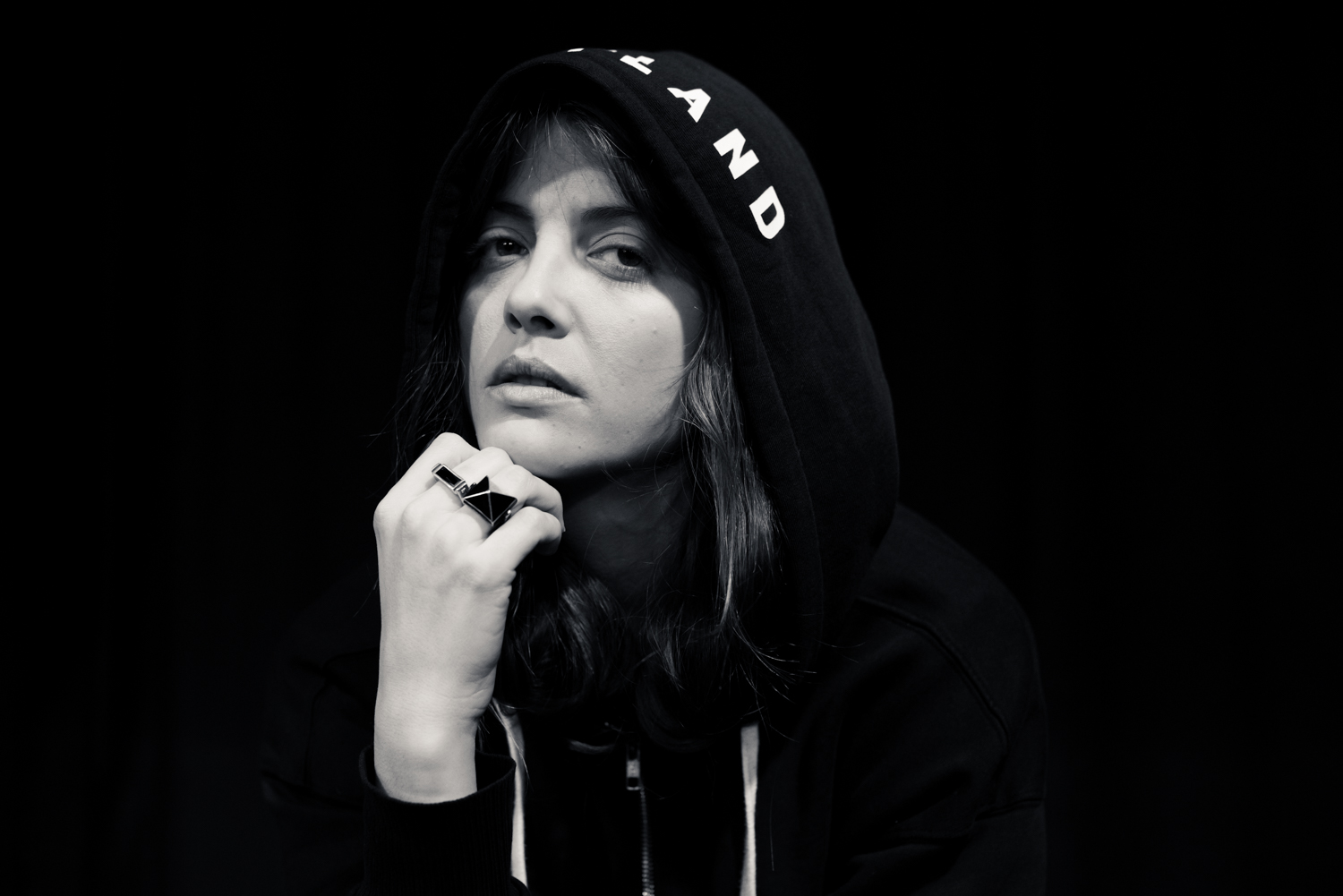
Without a doubt: Noga Erez (28) is one of the most interesting newcomers in music right now. The Tel-Aviv-based singer, songwriter and producer released her impressive debut album “Off the Radar” last summer on Berlin Label City Slang and convinced music critics with a super relaxed sing-sang-style, danceable, bass-heavy beats and playful, but sharp and confrontational lyrics. Songs like “Dance While You Shoot” and “Noisy” can easily be categorized as protest songs, but music is for Noga Erez more than just an artful statement against oppression. For her, it’s some kind of escapism too – something that she makes clear in our interview.
The Message: The title of your last album is “Off the Radar” which can be interpreted in many different ways. What does “Off the Radar” mean to you personally?
Noga Erez: “Off the Radar” is a double-meaning. “Off the Radar” means not being recognized or not being in the awareness of someone or of society. Personally, “Off the Radar” is something that I on the one hand want and on the other trying to escape from. So, when I want to be “Off the Radar”, it means that I want to have the ability to live my life privately, which is something hard to do. On the other hand, “Off the Radar” is the want to be recognized, to be known and to have people giving recognition to what I do – to my music.
When you started to work on the album, was it clear to you that the title of it should be “Off the Radar”?
No. I always thought that it’s a cool title that could work for a bigger thing. I like the ring of it, how it sounds. Up until the very last stages of working on the album, I didn’t know that it’s gonna be the title of the album. It was a big dilemma in the conversation between all of us regarding the title of the album, because it could be many things. Eventually, “Off the Radar” felt the most strong. It’s a title that contains all the messages of the album in the best way.
One title that would also express perfectly the vibe of the album is “Global Fear”, a song on “Off the Radar“ which seems to be a hymn for “Generation Y”.
Exactly. We were writing “Global Fear” after a very big military operation in Israel, a lot of crazy things were going on. It’s been very, very rough times. That was nothing new, but at that time, there was a wave of people leaving Israel and going to other countries. I thought about that. I imagined it as a line of people doing this road by walking – it was the imagination of a line of people leaving this cruel reality and going anywhere else because they are being afraid of staying. Because obviously, they don’t know if their situation will improve in the place they are going to, but they do it in an order to escape. It was about that. And it was about escapism in general, as a generation who lives in this terror atmosphere of reality. Where there’s always a search for ways to escape. That is “Global Fear”. I think it describes a very negative situation. Nevertheless, “Global Fear” has a positive side too. Because all of us are going through the same thing together, which is something that I’m searching for in the human experience.
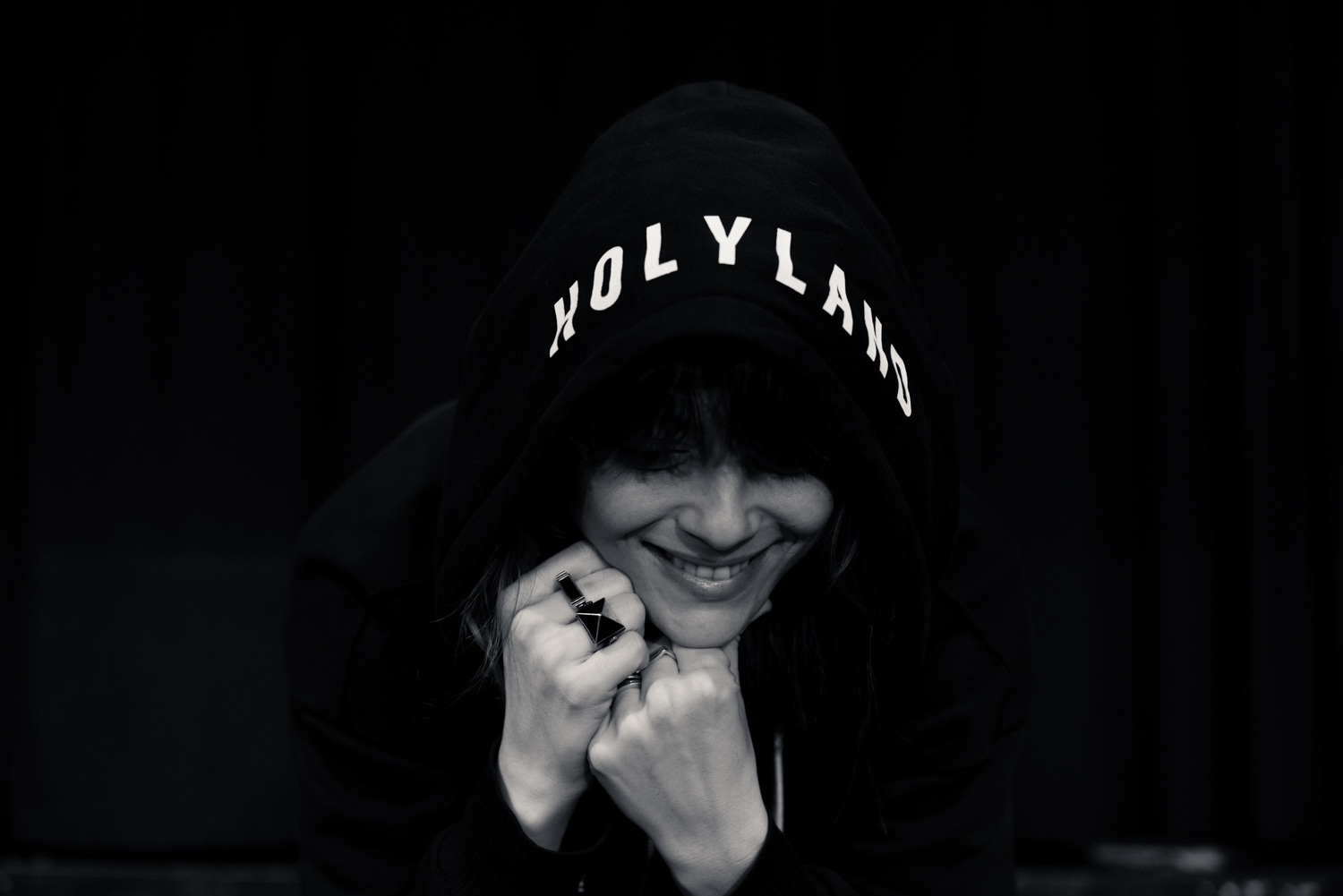
Do you think that there are any possibilities to fight this feeling of omnipresent fear?
I’m always moving between the feeling that the situation right now is the shake we need for things to progress and to change and the feeling that we are only going down the slope. I don’t know if there’s a possibility to fight it. It is obvious that we are in a very important time in history. It is very interesting to witness the path the world is taking.
“Globalization has its prize”
This feeling of “Global Fear” has also to do with the important role of the Internet in our lives. When you hear about frightening events all the time, it’s not a surprise that you are feeling afraid.
Globalization has its prize. Today, we are exposed to information all over the world and we are able to know what’s happening all the time. In one way – obviously, we don’t know what is happening everywhere, because some places and some news are more important than other for the media. There are really massive things happening around the world we are not aware of. Because the media chooses not to tell us, especially when it comes to so called “Third World Countries”. The internet and the globalization has a negative and a positive side for us. I do feel that what we get to all this exposure of information all the time is saturation. But there’s no alternative to the internet. I doubt that the situation would be better if we weren’t able to know what’s going on.
Something that was regarded with a lot of fear was Trump’s decision to recognize Jerusalem as the capital city of Israel and to relocate the US embassy. What are your feelings towards Trump’s move?
It’s fucking bullshit. It’s coming at the worst time and has nothing positive on it. Seriously, I’m trying to figure out what Trump and his people think they could change with saying that. Because just by saying that, nothing is going to change. For the people in Israel, Jerusalem is the capital. So why saying that, under these circumstances? It already had some consequences, Israel is under fire because of that. You have Palestinians injuries because of protests and crazy outrages all over the world. It is so irresponsible. I have no idea what was the intention behind declaring it now.
“The Israeli public is asleep most of the time”
For Prime Minister Benjamin Netanyahu, the decision came at the right time. He was under fire because of his corruption cases – and now, nobody is talking about it.
That is also something that I had in mind. Netanyahu is under pressure right now, he needs to cover a lot of shit. And in the Israeli government, they been doing a lot of stuff to sent him out the backdoor. They been trying to make new rules that you can not investigate a Prime Minister, which is seriously bullshit. And people were out in the streets of Tel Aviv, protesting against it. There has been a very, very big revival in the Israeli public which is so important because the Israeli public is asleep most of the time. Finally, there’s something that people want to get together around. And I wouldn’t be surprised that this was the reason why he was mentioning it now. Honestly, I can’t find another possible reason for that.
It seems that Israelis aren’t satisfied with Netanyahu, but they still don’t see an alternative to him.
The people in Israel need someone to feel very strong as their Prime Minister. Because we do have a lot of issues that have to do with our security – and Mr. Netanyahu is “Mr. Security”. That is what he is writing on for the past twenty years. Every campaign that he has been doing is about how he keeps Israel strong in front of threats of terror. And the other parties are doing are very bad job in this case. For example the Social Democratic Party; it’s been years and years that they haven’t had a strong figure to lead them. For me, it was hard to elect this party for a long time. There are many different parties in Israel, and I’m not always electing the biggest one, but the one who has the chance to turn around things doesn’t have a very strong voice, a very strong message and they always had very weak, not charismatic leaders. It’s hard to elect people like that, even if you can relate to what they are saying and where they are coming from.
A big problem Israel is facing is the growing fragmentation of the society, with a gap between Jews and Arabs, Mizrahim and Ashkenazim, immigrants and residents.
Yes. The population is very divided, very hateful. The left and right are very hateful towards each other. There is more violence expression coming from the right-wing because the left-wing is more liberal and polite – which is also a problem. Being liberal and being an open-minded person doesn’t necessarily mean that you have to be polite! You have to fight. So, the society in Israel is very divided, there is a very deep gap between groups. But the majority of people are in the middle, you should not forget that. The majority is not extreme religious and they are not super left-winged. They are modern people with liberal ideas but they live in a country full of violence and complexity since it’s existing. This affects people.
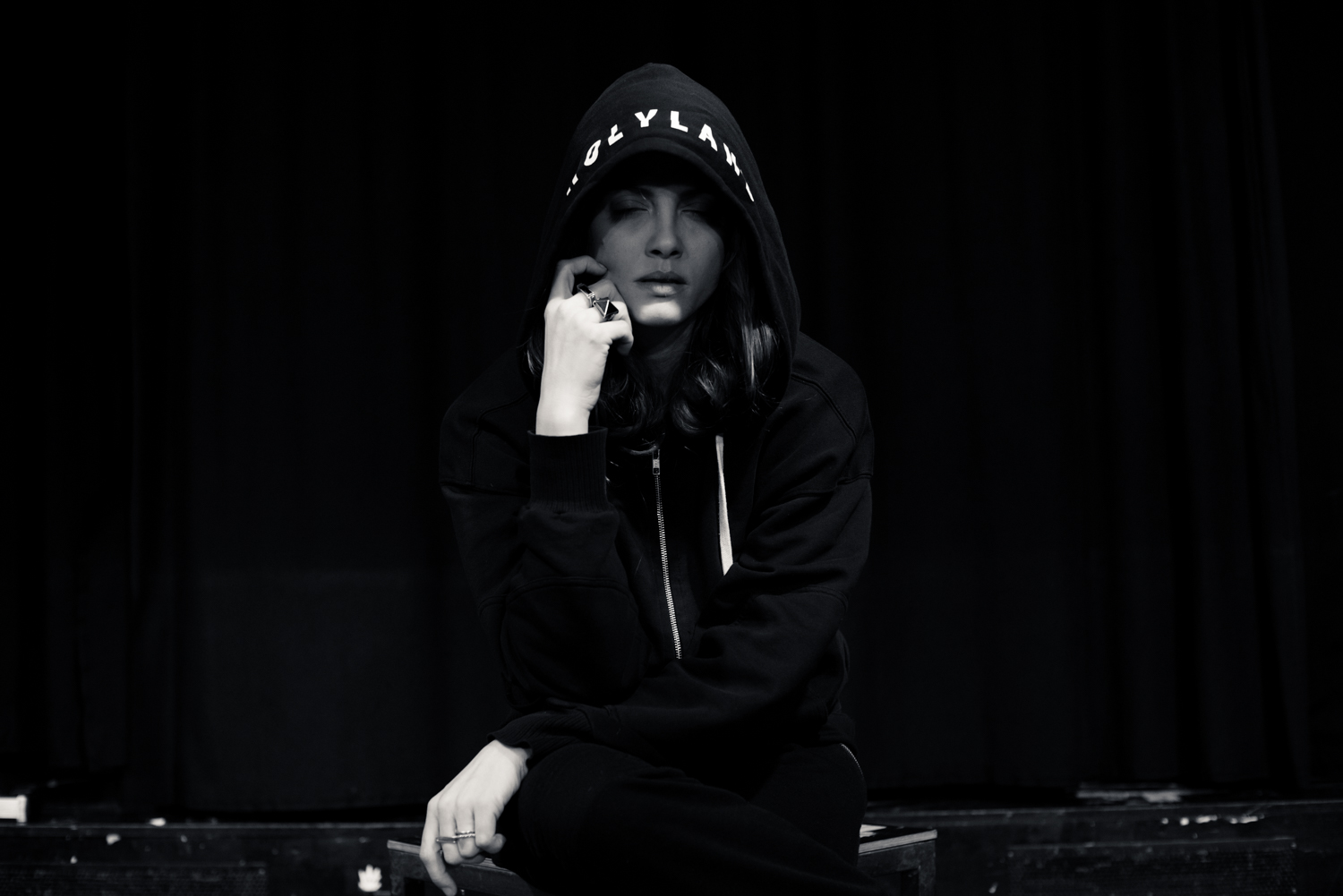
Another controversial politician is Miri Regev, Israel’s Minister of Culture and Sport, who has been criticized for her attacks on artists’ freedom of speech and her antidemocratic behavior. Have you experienced some changes regarding the freedom of art in Israel under Regev?
She is doing massive changes, especially when it comes to budgets. I never experienced those changes because I have never been budgeted by the government. But many theaters, authors and poets in Israel, who are very dependent in fundings from the government and don’t speak her mind on things, get affected by.
“She represents everything that is bad about Israel in one person”
Miri Regev once said that artists from Israel should be loyal to Israel all the time. What is your point on that statement?
That’s a very extreme thing to say. I can’t even describe how disgusting it is – and how disgusting she is. She represents everything that is bad about Israel in one person. The same with Deputy minister of foreign affairs, Tzipi Hotovely. They are damaging our relations all over the world because of their very extreme points of view! And what can I say … this is the government we have elected!
In 2016, you were invited by the Israeli government to perform for your country at the Olympics in Rio. In many songs, you criticized the same criticized. What were the reactions after your performance?
That’s the most interesting thing about me performing in Rio: I got send there by the government! That’s the only thing I have ever received as an artist. When they offered it to me, I was like “Well, okay. I basically pay tax and have served the army and did all of my obligations to this country. And I feel like I didn’t get anything back. And as an artist, I feel like I’m getting no support. So I will take this money that I have been paying for such a long time and get my songs and my message through to the world“. That is how I looked at it. I don’t think I would do that again. Because eventually, when you take someone’s money, you send out a message. But I felt like: “I’m taking back my money now. I’m going to Rio and sing “Dance While You Shoot”, which is basically a protest song, and sing “Global Fear” and talking about those things.“ I think they didn’t know who they sent to Rio. They didn’t realize it back then – and still don’t realize it. They don’t really give a fuck.
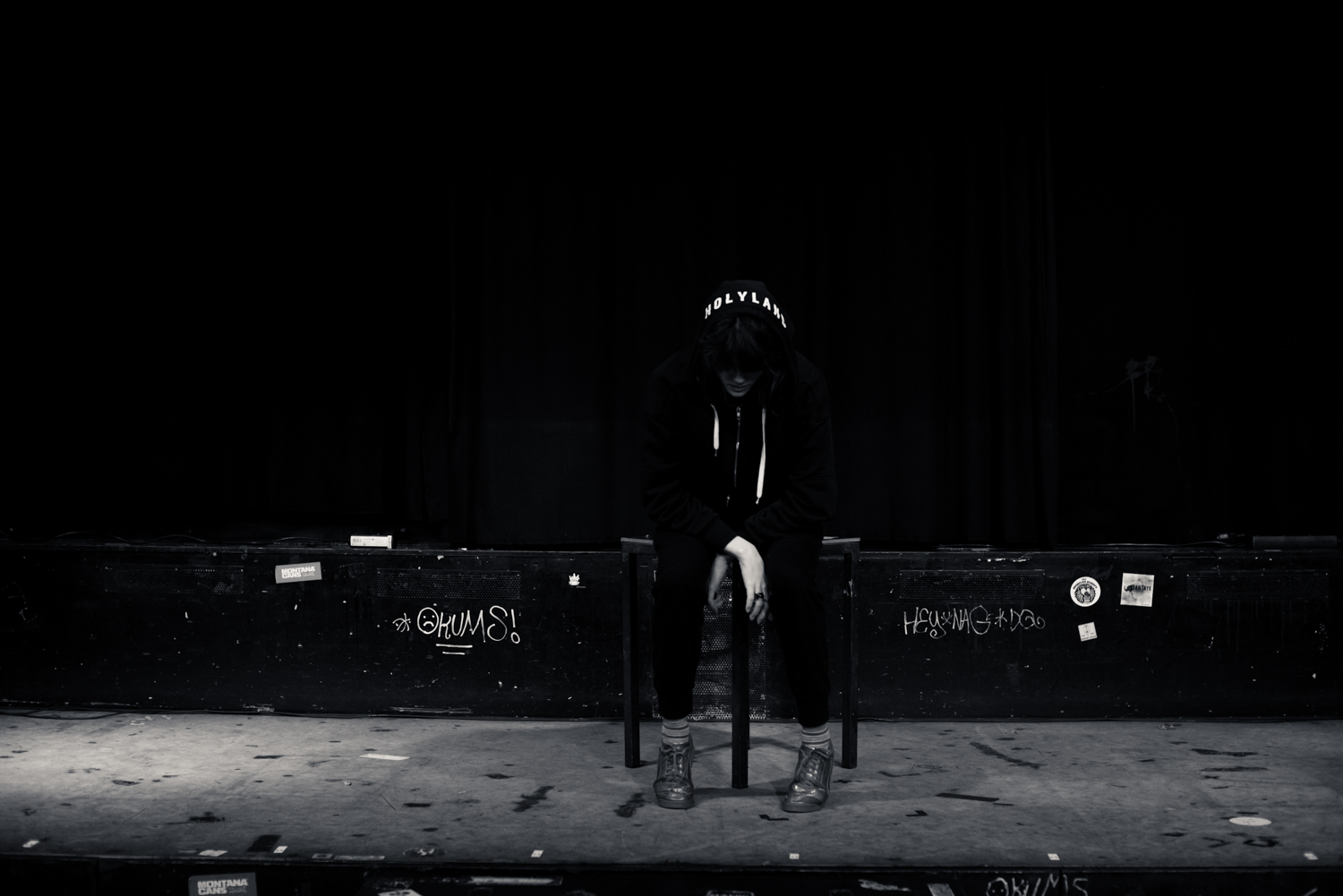
You are living in Tel Aviv which is one of the most expensive places in the world. How difficult is it to make a living from music there?
I have sort of a side job as a music teacher which I haven’t been doing for months now. That has always been my balance: I’ve been making music and teaching music. Right now, as this project has been kind of developing, I wasn’t able to teach as much because I’m touring all the time. And we have seen some money coming from the music, luckily.
Do you consider yourself as a part of Tel Aviv’s music scene?
I’m not a part of any scene. I’m in a partnership wie Ori (Rousso, A/N), we are our own globe. I don’t have many friends. I’m not a loner. But I like to get quality over quantity. I have few people I work with and that keeps my world very full. Nevertheless, I feel very connected to what is happening in Tel Aviv and in Israel as a whole when it comes to music. I know what is going on – and when I come to places I know everybody because that’s the way it is when you are living in such a small city.
“You need people who protect your life”
You had the opportunity to do your conscript service in the army’s musician program. What were the tasks you had to fulfill for getting into this program?
There were four auditions, it was crazy. Tens of thousands of singers from all over participated in it, and twenty to thirty had the chance to do it to different bands. It was a weird experience. I was 18, when I had to go to the army. Now, I wouldn’t do it again – even if I have to deal with the consequences.
Do you see any alternatives to the compulsory military service in Israel?
No, we have no choice. Facts are facts. The army is not the question, the politicians are. When they stop acting as bullies and start to work on a solution, and when there is someone who manages to speak to the other side, we can get rid of the army. For now, without an army, we would all be dead.
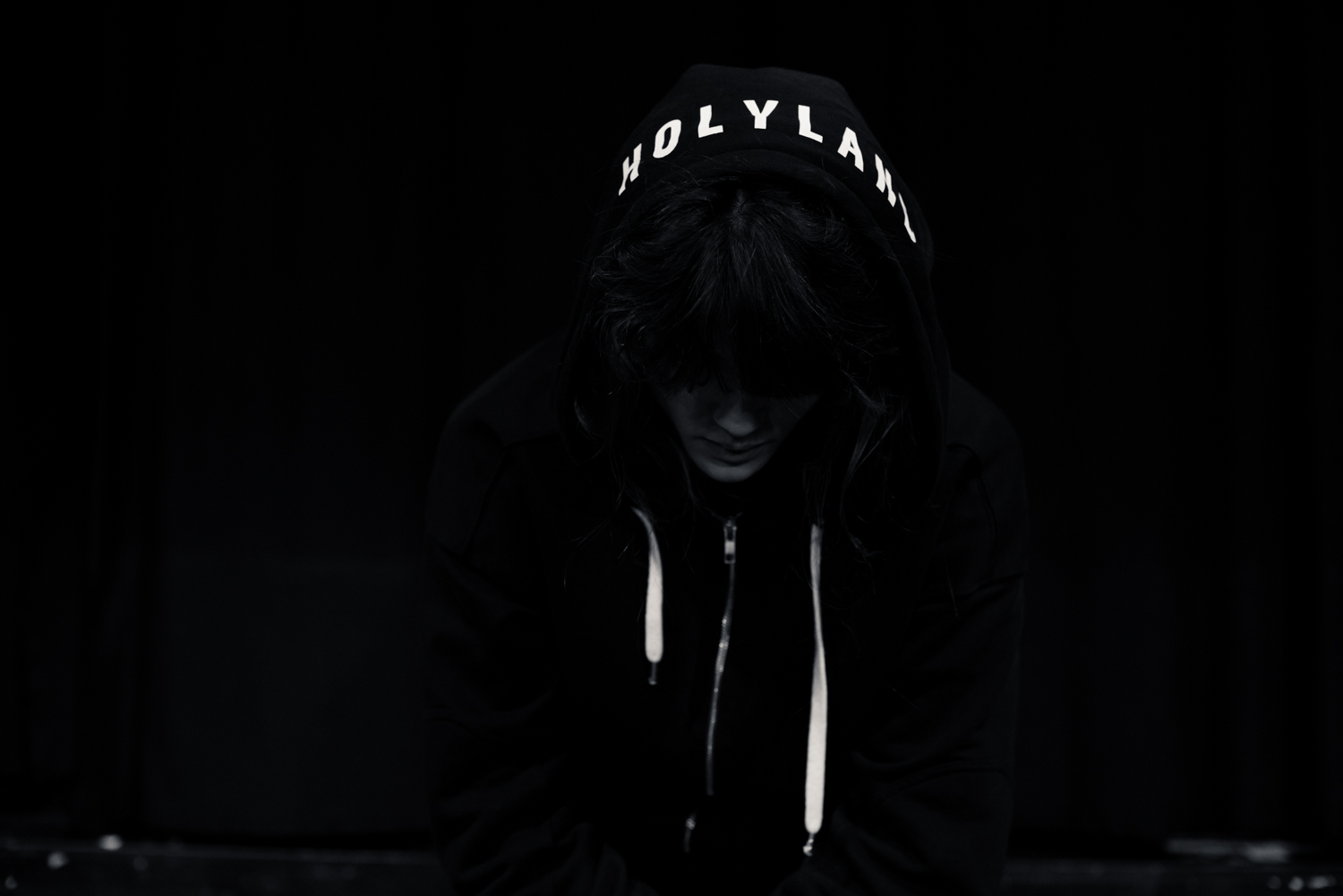
The IDF seems to be quite popular among Israelis, too.
Not sure about that because everything is so shaky right now. You have different organizations like “Breaking the Silence” that are uncovering stories from the army. Everything influences everything. People feel that the army keeps them safe. That’s the most basic thing. You can’t avoid that, even if you know that the army does immoral things. You feel it in your own life that you need them. You need people who protect your life.
You performed at the Red Bull Studios in Berlin. What is your connection to Red Bull?
They have just been helpful and supportive to what I do. They gave us a studio for three weeks in Berlin, like they do it with many artists. Their music division is a very good one. They are very supportive of artists. Red Bull in general has reputations for other things, but their music division is the most supportive I have ever seen from a big brand. We need the support from such brands today. Years ago, when you were able to sell records and had an actual income, you were in the position to ask yourself if you should take money from a company or not sell your music to commercials. Today, it’s a matter of existence, seriously. Otherwise, there will only be musicians/bartenders. Music and brands go hand in hand in these days. Other art industries work in the same way. As long as they gave us money for doing our thing, everything’s okay.
Currently, many artists from Israel and artists who want to play shows in Israel have to struggle with actions by the BDS (Boycott, Divestment and Sanctions) movement. Do you have any experiences with that movement?
Not directly with them. But I do know that they have the influence on people when needing to decide to get me in a festival or to have me in a certain venue. I’m hoping not, I’m hoping people read the message behind an Israeli musician. Coming from Israel is not enough. I do know that they have also been boycotting shows that are very, very pro-Palestinian. They don’t make a difference. They just go for the whole thing. I think if they would invest all the money, time and effort to get people closer on both sides and not in making this situation harder, they could have a powerful impact. But in this way? No.
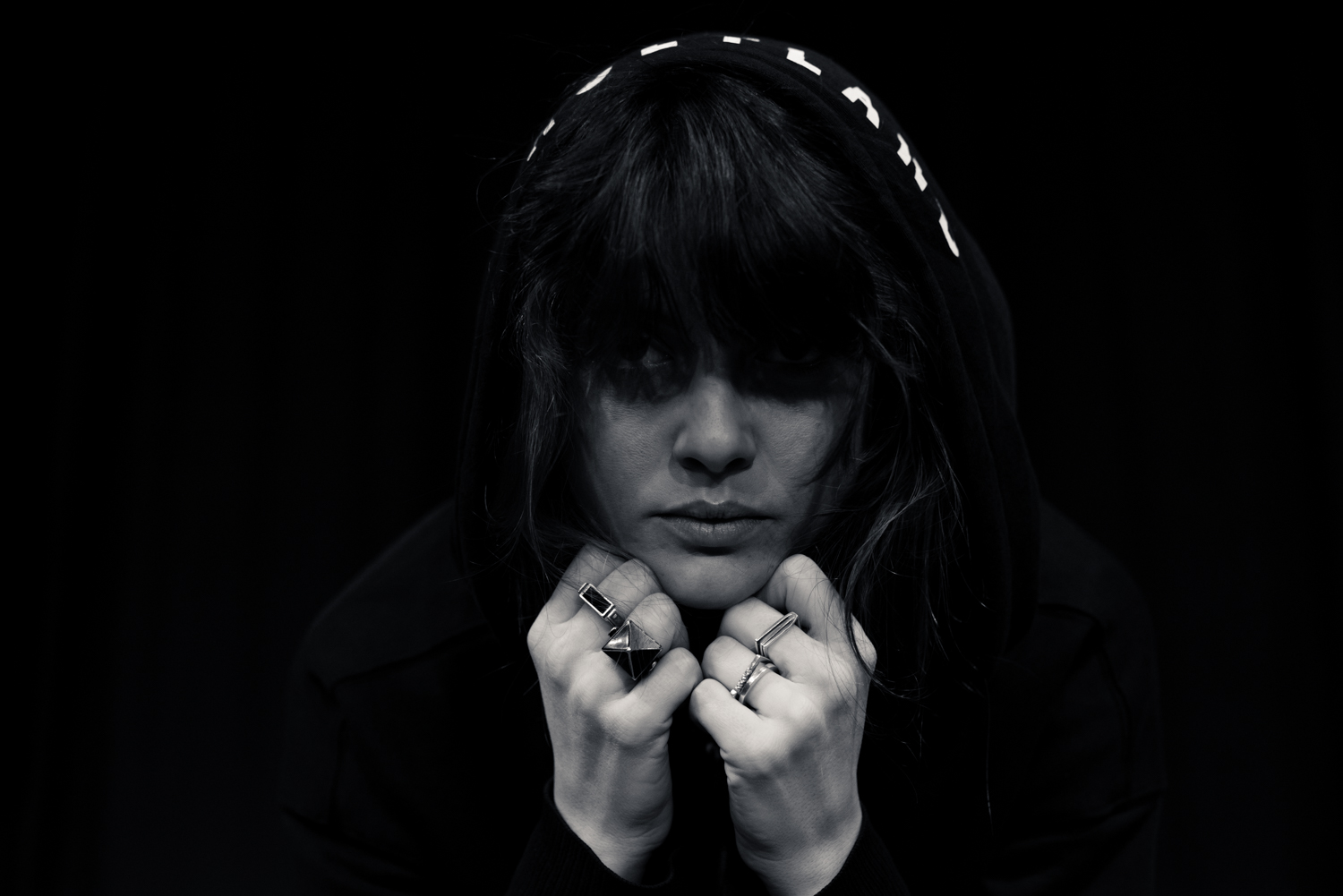
Ähnliche Posts
- Noga Erez und die Sichtbarkeit: "Off the Radar" // Video
Mit großen Schritten arbeitet Noga Erez auf die Veröffentlichung ihres Debütalbums „Off the Radar“ hin, das…
- "Off the Radar" ist Vergangenheit // Noga Erez live
Für Noga Erez neigt sich ein turbulentes Jahr dem Ende zu. Im Juni veröffentlichte der…
- „Next year will be shark-season“ - The Doppelgangaz Interview
Interview: Hemma Bergner & edHardygirl14 Fotos: Thomas Steineder The Doppelgangaz, das HipHop-Duo aus Orange County,…





